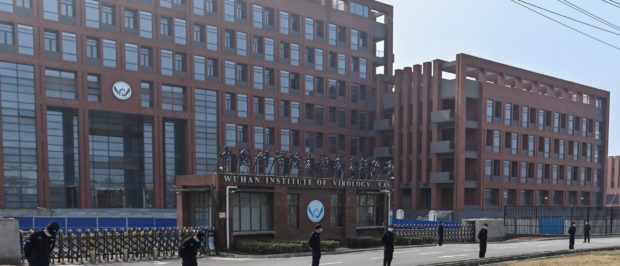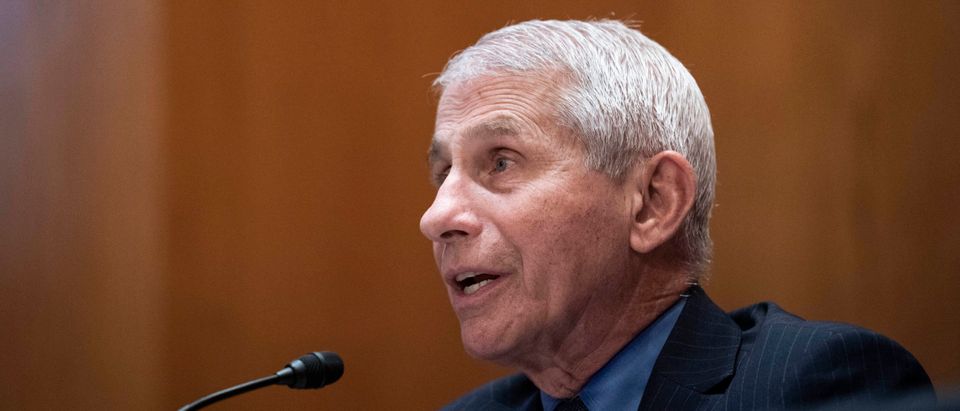Dr. Anthony Fauci supported experimentations of the coronavirus in the Wuhan Institute of Virology (WIV) despite the risk of a pandemic, The Weekend Australian reported.
Fauci, the director of the National Institute of Allergy and Infectious Diseases, championed gain-of-function research — which recombines coronaviruses into strands of highly infectious diseases — in the WIV knowing the research could lead to a pandemic. In October 2012, Fauci argued that the benefit of the lab research “outweighs” the risk of a pandemic in a paper for the American Society for Microbiology, according to The Weekend Australian.
“In an unlikely but conceivable turn of events, what if that scientist becomes infected with the virus, which leads to an outbreak and ultimately triggers a pandemic? Scientists working in this field might say-as indeed I have said that the benefits of such experiments and the resulting knowledge outweighs the risks,” Fauci wrote.
Fauci argued that since it is more plausible for a pandemic to originate in nature, scientists should go forth with experiments involving gain-of-function research. He noted that the fear of a scientist “sloppily” replicating the research is a valid concern. (RELATED: Fauci Wanes On COVID-19 Lab Leak Theory)
“It is more likely that a pandemic would occur in nature, and the need to stay ahead of such a threat is a primary reason for performing an experiment that might appear to be risky,” Fauci wrote. “Within the research community, many have expressed concern that important research progress could come to a halt just because of the fear that someone, somewhere, might attempt to replicate these experiments sloppily. That is a valid concern.”

The Wuhan Institute of Virology in Wuhan (Photo by Hector RETAMAL / AFP) (Photo by HECTOR RETAMAL/AFP via Getty Images)
Despite his support for the research, Fauci understood the risks of the research and that opponents have legitimate concerns.
“We cannot expect those who have these concerns to simply take us, the scientific community, at our word that the benefits of this work outweigh the risks, nor can we ignore their calls for greater transparency, their concerns about conflict of interest, and their efforts to engage in a dialogue about these experiments should have been performed in the first place,” he wrote.
In 2014, the Obama administration banned funding for the research due to the spread of highly contagious influenza viruses, The Weekend Australian reported. That same year, the Cambridge Working Group, along with other scientists, reportedly wrote a letter warning that the research can lead to highly contagious outbreaks.
“An accidental infection in such a setting could trigger outbreaks that would be difficult or impossible to control. Historically, new strains of influenza, once they establish transmission in the human population, have infected a quarter or more of the world’s population within two years,” the letter stated.
Fauci did not inform Trump-era White House officials about a pandemic risk when the National Institute of Health (NIH) announced it would begin restart gain-of-function research in December 2017, The Weekend Australian reported.
“I think there’s truth in the narrative that the (National Security Council) staff, the president, the White House chief-of-staff, those people were in the dark that he was switching back on the research,” one official told The Weekend Australian.
Fauci said he doubts the coronavirus originated naturally and denied funding gain-of-function research at a May 11 Senate hearing.


